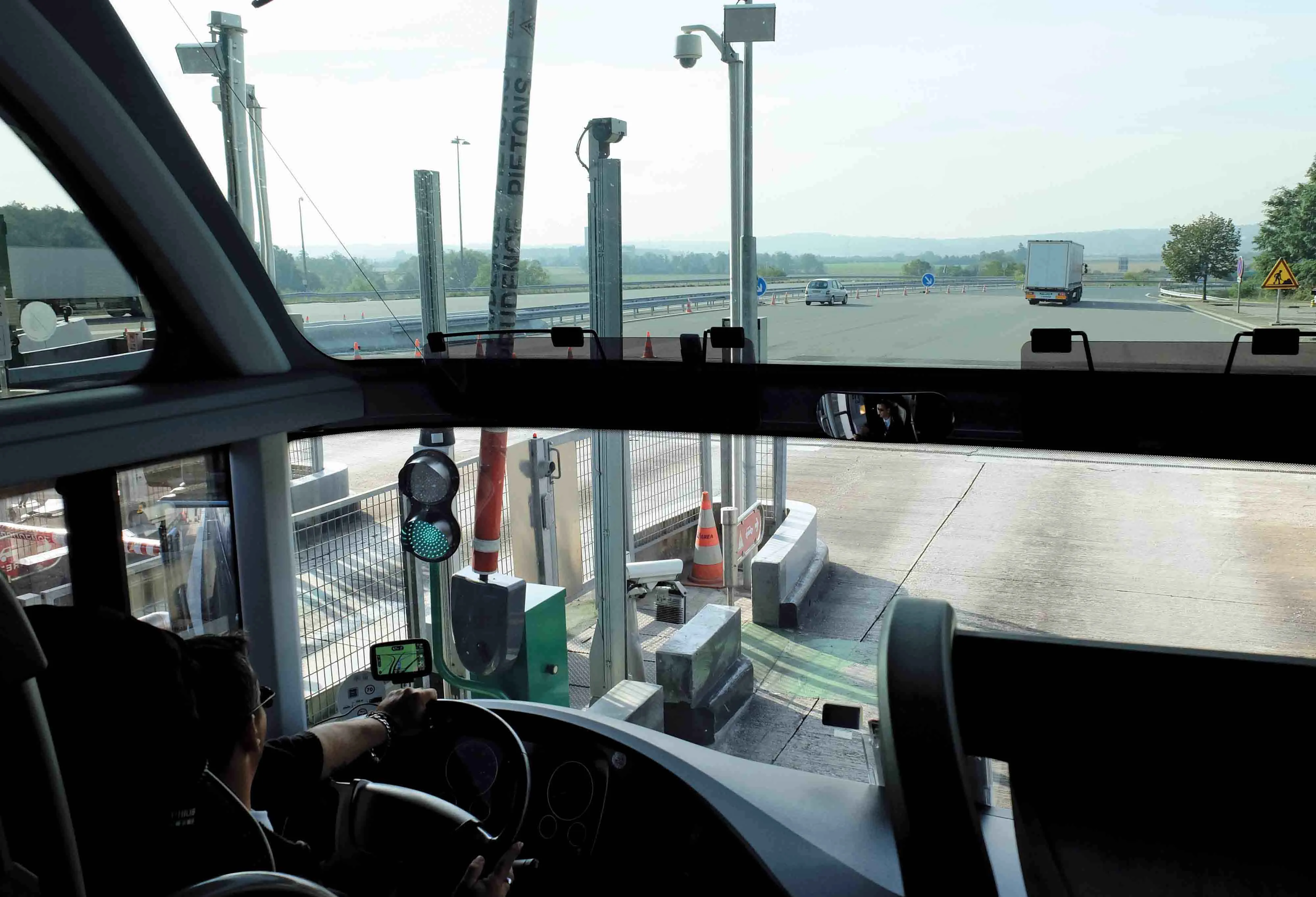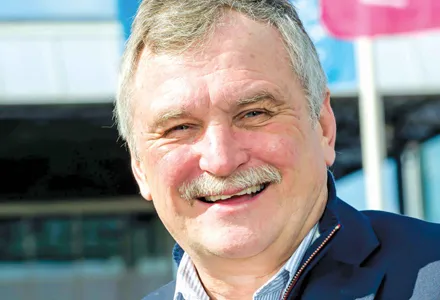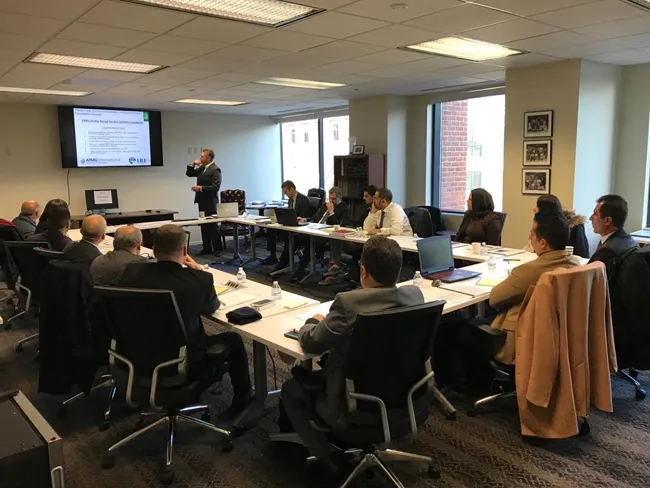In its latest policy statement, the International Road Federation affirmed the essential role of road safety audits and inspections
It called on multilateral institutions to introduce qualitative benchmarks and capacity strengthening programs to ensure countries progress towards a safe and forgiving road system. Road safety audits and inspections are a formal safety performance examination of an existing or future road or intersection by an independent, multidisciplinary team.
They qualitatively estim
April 6, 2017
Read time: 3 mins

RSSIn its latest policy statement, the International Road Federation affirmed the essential role of road safety audits and inspections
It called on multilateral institutions to introduce qualitative benchmarks and capacity strengthening programs to ensure countries progress towards a safe and forgiving road system.
Road safety audits and inspections are a formal safety performance examination of an existing or future road or intersection by an independent, multidisciplinary team.
They qualitatively estimate and report on potential road safety issues, and identify opportunities for improvements in safety for all road users. The process follows well identified steps that involve the auditing/ inspection team, the design team, and the project owner, and can be applied universally across different project and traffic environments.
"Safety audits that follow these essential guidelines offer a well-charted and cost-effective pathway to reducing road traffic injury risk, because design standards alone cannot guarantee road safety in all conditions," said Chris Sanders, chairman of the IRF Committee on Road Safety. "By contrast, poorly performed or badly documented road safety audits can have negative effects on safety. Worse yet, the road authority would be using its limited financial resources to conduct these audits with less than acceptable results."
In conducting these safety audits and inspections, the ultimate goal is to use qualified, locally-drawn expertise wherever possible. Thus, what is learned by a road authority on one road safety audit or inspection can be applied to other similar locations within the network. However, few borrowing countries have established incountry professional qualification programs delivered by accredited institutes or invested in developing commensurate knowledge resources on cost-effective and locally applicable engineering solutions.
The3918 IRF Washington calls upon multilateral institutions that fund road safety programmes and benchmark country road safety performance to adhere to a qualitative definition for road safety audits and inspections. Safety reviews that do not meet essential quality criteria must no longer be categorised as road safety audits or inspections. The IRF further encourages lending institutions and borrowing agencies to tackle weaknesses hindering the reallife impacts of preventive risk assessment measures. These include the absence of road safety auditor qualification programmes and obsolete road design guidelines that have not kept pace with industry innovation or a fastevolving traffic environment.
The IRF's policy statement, Mainstreaming Road Safety in Transportation Projects: Scaling up Global Commitment: www.irf.global/policy-statements
It called on multilateral institutions to introduce qualitative benchmarks and capacity strengthening programs to ensure countries progress towards a safe and forgiving road system.
Road safety audits and inspections are a formal safety performance examination of an existing or future road or intersection by an independent, multidisciplinary team.
They qualitatively estimate and report on potential road safety issues, and identify opportunities for improvements in safety for all road users. The process follows well identified steps that involve the auditing/ inspection team, the design team, and the project owner, and can be applied universally across different project and traffic environments.
"Safety audits that follow these essential guidelines offer a well-charted and cost-effective pathway to reducing road traffic injury risk, because design standards alone cannot guarantee road safety in all conditions," said Chris Sanders, chairman of the IRF Committee on Road Safety. "By contrast, poorly performed or badly documented road safety audits can have negative effects on safety. Worse yet, the road authority would be using its limited financial resources to conduct these audits with less than acceptable results."
In conducting these safety audits and inspections, the ultimate goal is to use qualified, locally-drawn expertise wherever possible. Thus, what is learned by a road authority on one road safety audit or inspection can be applied to other similar locations within the network. However, few borrowing countries have established incountry professional qualification programs delivered by accredited institutes or invested in developing commensurate knowledge resources on cost-effective and locally applicable engineering solutions.
The
The IRF's policy statement, Mainstreaming Road Safety in Transportation Projects: Scaling up Global Commitment: www.irf.global/policy-statements








